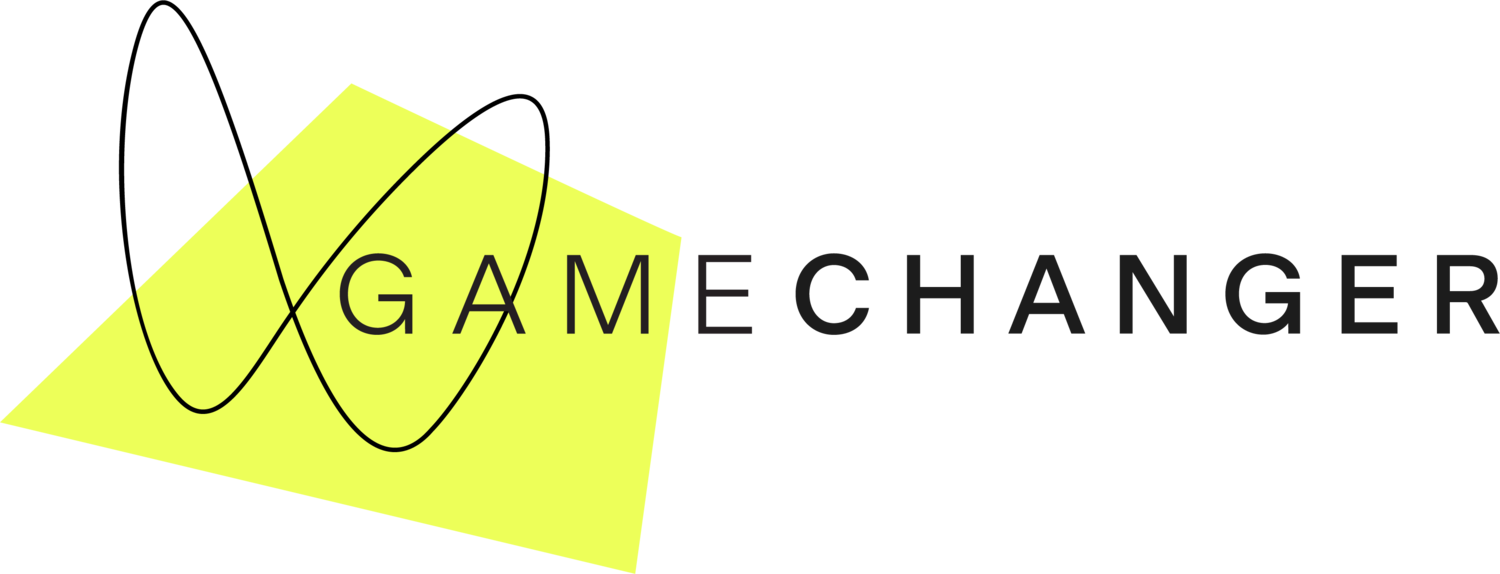Gamechanging Insights No. 1:
Adam Grant in Conversation with Candice Faktor
Gamechanger was founded on the core tenant that the best way to understand companies is to understand the individuals comprising them. After all, companies are just groups of individuals, organized in different ways, doing different things, and some function and produce better results than others.
Adam Grant, New York Times best-selling author and Wharton Business School professor, has contributed greatly to Gamechanger’s understanding of how companies and management teams can thrive to their fullest potential based on deeper understandings of their team members.
The COVID-19 pandemic has been a true test of virtually every organization’s integrity in managing their employees’ work culture, needs, and well-being. Adam shared profound insights with Gamechanger at the start of the pandemic on ways to thrive during these times of uncertainty.
1. Productivity and Personal Well-Being during Work From Home
Adam reminded us of the unexpected benefits for employees in work from home circumstances that can counterbalance the challenges we face.
Adam highlighted a study on call centers that showed how more flexibility given actually increased productivity of its employees. Employees felt more trust and less micromanagement. They got to work during hours for which they felt more productive.
On the flip side, some challenges they faced was that it was noticeably harder to share ideas when not interacting face-to-face.
Adam contrasted this challenge with a study showing that employees are more creative and productive when they experience this idea of ‘burstiness’ where they are online at the same time and building on each other’s ideas in real time.
2. Developing and Maintaining Trust in a Virtual World
When the world had to shift work and social interactions to virtual in under 12 weeks, building trust in such an environment gained a whole new meaning. Adam outlined the importance of continuing to make new and meaningful connections virtually and ways to to make them.
Adam emphasized that our focus should be on building rapid high quality connections with others especially with people we don’t know yet. He broke down the three components to building them:
Self-disclosure: share something about yourself that’s personal or unusual.
Show curiosity in others: ask questions that encourages the person you’re interacting with to open up.
Find uncommon commonalities: identify things that you share that are rare like if you met somebody who happened to be from your hometown outside of your hometown.
3. Encouraging “Pronoia”: Enrich your Organization’s Culture with Generosity and Giving
Adam’s book Give and Take explores different personalities that we encounter in the workplace: takers, matchers, and givers. Givers contribute to teams the most out of their earnest intentions and generosity.
Adam emphasized that in most companies, there is a paranoia that causes unnecessary stress which compromises the culture of giving. The antidote to this? Encouraging “pronoia”: the delusional belief that other people are plotting your well-being. Pronoia means suspecting others are going behind your back and saying extremely nice things about you.
If companies can start building cultures of generosity, even in virtual environments, Adam said that pronoia stops being a delusion and can become a reality.
Givers will try to enhance your well-being even if you haven’t asked and companies should do their utmost to encourage this.
4. Supporting Givers during COVID-19: Practice Setting Boundaries to Avoid Burnout
While Adam encourages organizations to foster a culture of giving, he noted that at an individual level, it’s important for givers to set boundaries and time for themselves even though it goes against their inherent nature.
At the organizational level, Adam lists the demand-control-support model as a robust framework to support givers:
Demand: reduce their workload by giving them shorter shifts and allowing them to delegate some tasks to others.
Control: give givers more control over how they navigate those demands. You can empower them by giving them choices about the hours they come in or their responsibilities.
Support: caring for the givers. Find ways to uplift some of their burdens away from work so that they don’t go home and experience the same type of stresses.
5. Productivity at Home: Attention Management versus Time Management
It’s ever more important in a work from home setting to pay attention to where your attention is being paid. Don’t mistake time management for attention management.
Adam underlined the importance of not beating yourself up over how much time you’re wasting at home. Instead make sure attention is locked on the people and projects that matter most.
Manage your attention as opposed to your time: do tasks at times you feel most productive and in places where you won’t be interrupted.
Adam also emphasized that it is an ideal time to engage in knowledge work. Take advantage of this extra time by enrolling in a coding classes or learn data visualization.
Adam’s work is ever more profound in times of uncertainty where each one of us needs to adapt and learn to thrive under new circumstances. Giving, without expecting anything in return, is ultimately the most important thing each of us can focus on during the pandemic in all areas of our lives. We hope you enjoyed these insights from our session with Adam Grant.
